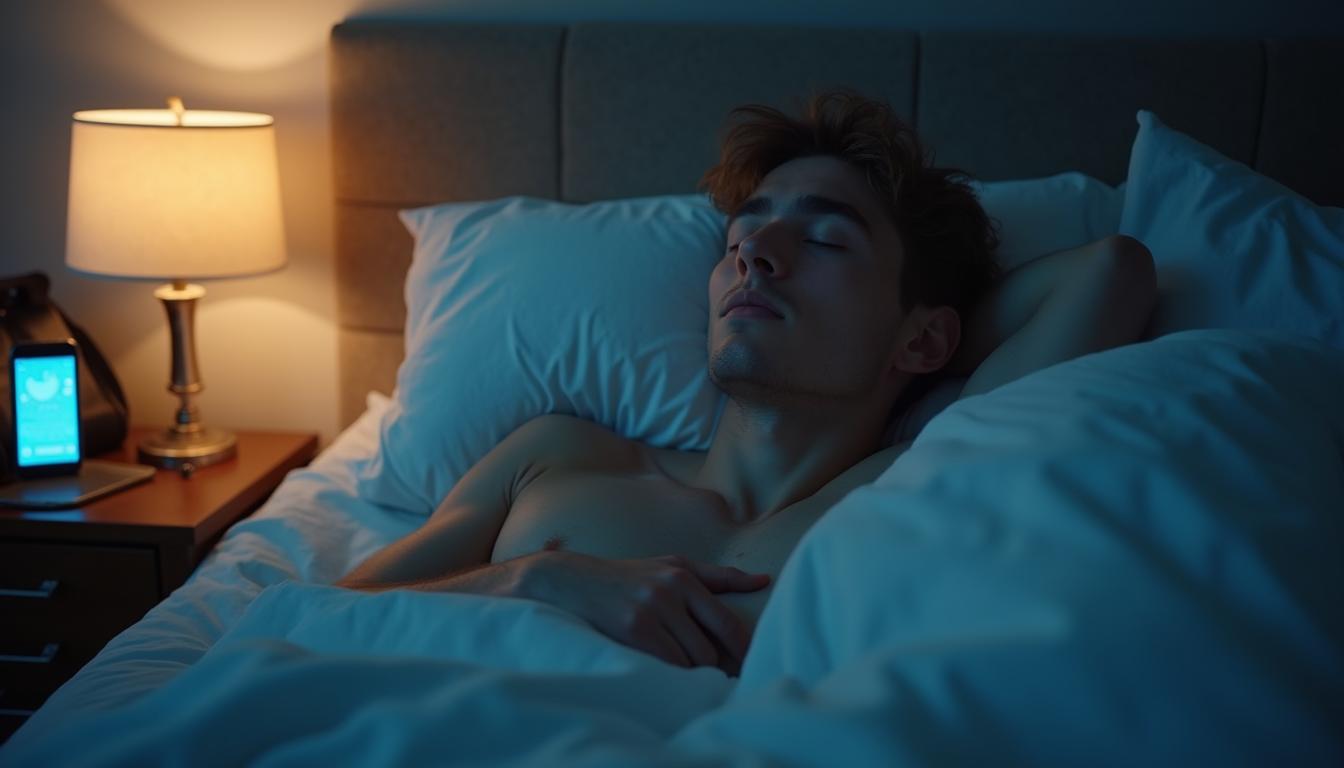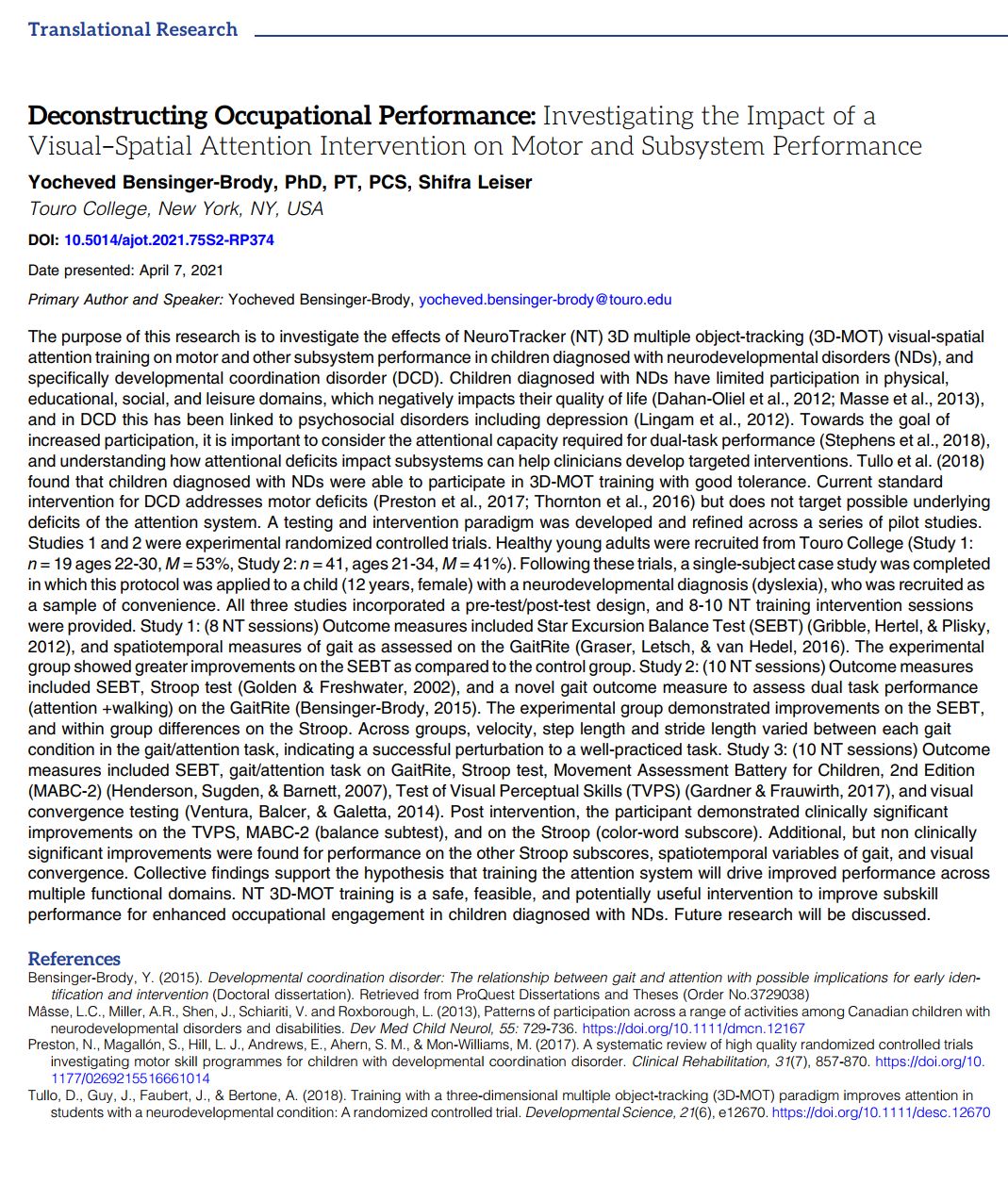Welcome to the Research and Strategy Services at in today's fast-paced.


Sleep is one of the most critical — and often overlooked — pillars of athletic performance. From reaction time and decision-making to muscle recovery and injury prevention, sleep quality directly impacts results on the field, in the gym, and during rehab.
That’s why many athletes and performance coaches now recommend sleep tracking and recovery apps. These tools provide data on sleep quality, duration, and readiness, helping athletes build healthier routines and adjust training loads.
Like with neurotechnologies such as NeuroTracker, these apps often work best when combined with other recovery methods — for example, pairing sleep tracking with wearable data or cognitive training.
Here, we review five of the most widely used sleep apps for athletes, breaking down their strengths, limitations, and suitability for small sports businesses or performance centers.

What It Is
WHOOP is a wearable-based app that tracks sleep, recovery, and strain to provide a “readiness score” tailored to daily performance.
Pros
Cons
Scores (1–10)

What It Is
Oura Ring is a discreet wearable ring and companion app that provides detailed insights into sleep, recovery, readiness, and daily activity.
Pros
Cons
Scores (1–10)

What It Is
SleepScore is a smartphone app that uses sonar-like technology to track sleep without requiring wearables.
Pros
Cons
Scores (1–10)

What It Is
Headspace is a mindfulness and meditation app that includes sleep-focused programs, bedtime stories, and guided wind-down routines.
Pros
Cons
Scores (1–10)

What It Is
Calm is a meditation and wellness app that includes a library of sleep stories, guided breathing, and relaxation tools.
Pros
Cons
Scores (1–10)

Final Takeaways for Athletes and Sports Businesses
For performance centers and small businesses, the ideal solution may be to combine one tracking platform (WHOOP, Oura, or SleepScore) with a mindfulness app (Headspace or Calm) to provide both data-driven insights and behavioral support for athletes.
Q: Which app is most accurate for athletes?
A: WHOOP and Oura Ring provide the most accurate and detailed sleep data for performance monitoring.
Q: Do Headspace or Calm actually improve sleep?
A: While they don’t track sleep, many athletes use them to reduce stress and improve bedtime routines, which can indirectly improve sleep quality.
Q: What’s the most cost-effective option?
A: SleepScore is the most affordable, as it requires no wearable, though data is less detailed than WHOOP or Oura.
Q: Should athletes combine apps?
A: Yes — many find that pairing a tracking app with a mindfulness app provides both hard data and behavioral support.








Welcome to the Research and Strategy Services at in today's fast-paced.

If your thinking feels slower than usual, it doesn’t automatically mean something is wrong. This guide explains common short-term causes, normal cognitive variability, and how to interpret changes calmly over time.

Many professional roles require cognitive performance to be sustained over long periods rather than demonstrated briefly. This article explains how sustained cognitive load shapes performance in knowledge-work and monitoring environments.

An overview of the important interpretational difference between temporary changes in brain state, and durably lasting changes in cognitive capacities.
.png)